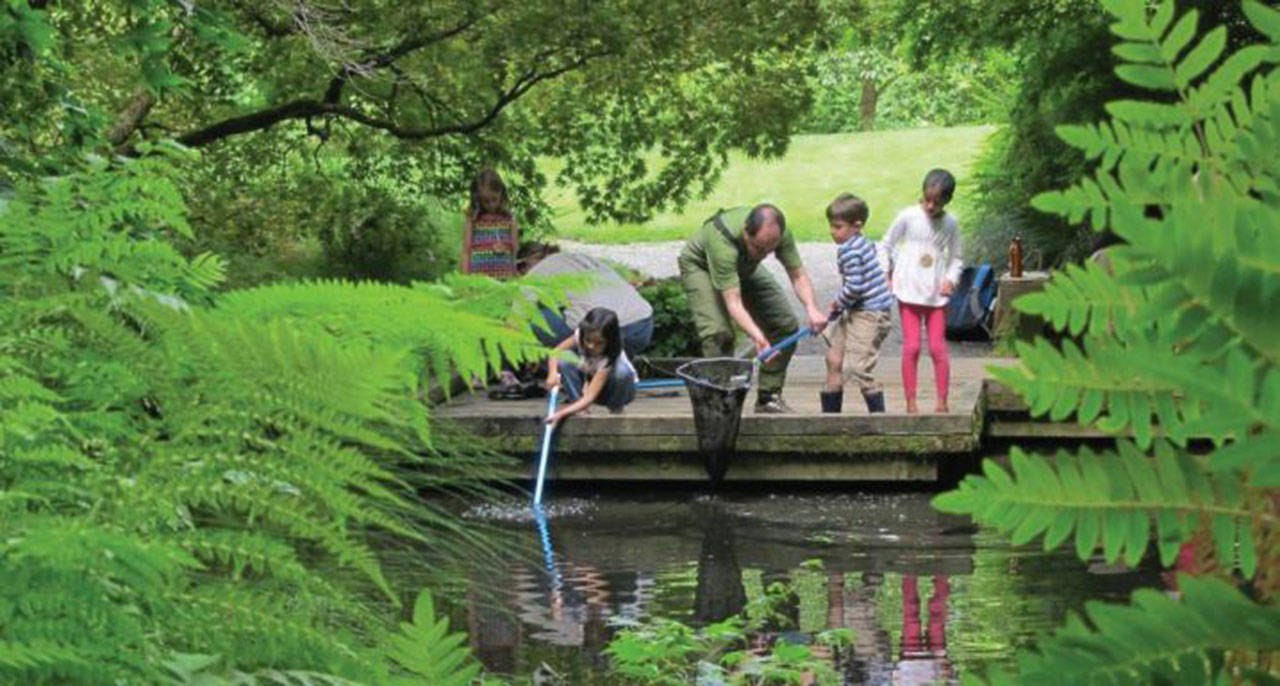Given our fair city’s mercurial moods when it comes to weather, we all start celebrating around this time of year. It might take a while for Seattle’s summer to truly set in, but we all perk up once the days become warm and balmy. But why exactly does spending time outside in summer feel so good? For one thing, researchers all over the world have reported that we feel calmer and more relaxed when we’re surrounded by nature.
Beyond catching much-needed rays, it is well established that spending time in nature is both de-stressing and inspires creativity. So much so, in fact, that the Japanese make time in their lives for a practice they call ‘forest bathing’. Qing Li, the president of the Japanese Society of Forest Medicine, has found that research participants’ feelings of stress, anxiety or anger decreased, and their perceptions of energy or vigor improved with exposure to nature. Researchers at Stanford University found that volunteers who walked briefly through a lush, green portion of the Stanford campus were more attentive and happier afterward than volunteers who strolled for the same amount of time near heavy traffic.
A true jewel in Seattle’s natural wonders crown, the University of Washington’s Botanic Gardens make communing with nature a family adventure with classes and camps throughout the summer. Located on the shores of Lake Washington in the 230-acre Washington Park Arboretum, the UW Botanic Gardens is an international hub for plant science and ecosystem research, teaching, and stewardship. The Arboretum includes a vibrant collection of more than 20,000 living plants from around the world and offers opportunities to explore woods, wetlands, and exceptional views. In the summer months, they open their doors to adults and kids who are inspired by spending time in nature.
Dr. Kathleen Wolf is Projects Director and Principal Investigator for Human Dimensions of Urban Forestry and Urban Greening. She believes that “Many people who live in cities and towns have come to realize the many benefits and satisfactions that trees provide.”
“The experience of nature helps reduce stress and anxiety, improves medical recovery and convalescence, contributes to greater job satisfaction and productivity, and enhances quality of life,” says Dr. Wolf.
The Botanic Gardens offer a number of low-cost family nature classes covering both flora and fauna (for ages 2 and up), as well as forest therapy classes and botanical illustration. For the older kids this summer, there are bountiful camp options like Art in the Park, Arboretum Detectives, Wetland Rangers, and Woodland Wonders. These programs are guaranteed to produce wonderful summer memories, as well as fostering a true appreciation of both plant and animal life in nature.
If you prefer the nature in your own backyard, then gardening classes will help you recreate the wonders of the Botanic Gardens at home.
Click to register For Classes from the UW Botanic Gardens
Click to explore Kids’ Summer Camps from the UW Botanic Gardens


